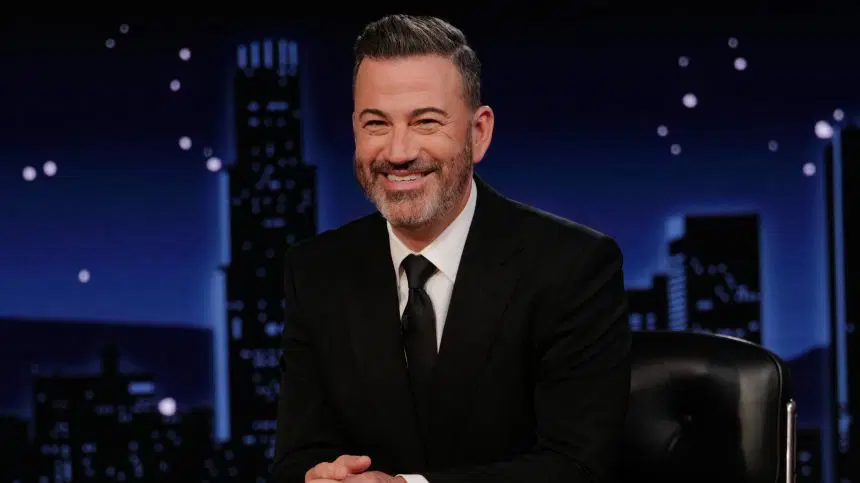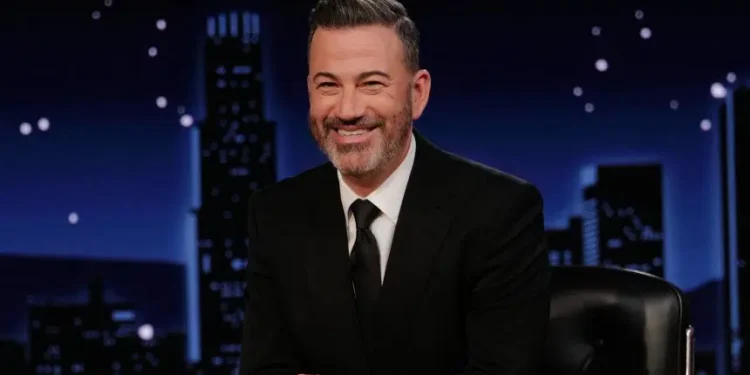The decision by Sinclair and Nexstar to continue their blackout of Jimmy Kimmel Live! is not a principled stand for “respectful, constructive dialogue.” It is a blatant and cynical act of corporate censorship disguised as a moral crusade.
By refusing to air Kimmel’s return episode, these powerful media companies are using the show and its host as political pawns in a high-stakes business game.
Nexstar, in particular, is holding ABC and its parent company Disney hostage, using its market control as leverage to secure approval from the Trump-appointed FCC for a multi-billion dollar merger. The public is not only being denied content; they are being given a front-row seat to the dangerous erosion of journalistic and comedic freedom.

The claim from Nexstar and Sinclair that they are protecting their communities from Kimmel’s “ill-timed and insensitive” remarks rings hollow. The truth is their actions are a direct result of political pressure from the Trump administration. FCC Chairman Brendan Carr’s thinly veiled threats to ABC, coupled with the affiliates’ own conservative leanings, turned a late-night joke into a federal case.
The fact that dozens of stations—which collectively control more than 20% of ABC’s reach—acted in concert reveals the immense power of media consolidation. This is a textbook case of a small number of powerful companies using their dominance not to serve the public, but to force a national network to bend to their will. Their actions expose a chilling reality: in today’s landscape, a joke can be deemed a corporate liability and a political weapon, especially when a $6.2 billion deal is on the line.
Why It Matters
The only way to address this kind of corporate bullying is to expose it and create safeguards that prevent it from happening again.
The FCC must clarify that political pressure and affiliate boycotts will not be a factor in merger approvals. To protect the public and the free press, the regulatory body must be a neutral arbiter, not a political tool. Furthermore, consumers must realize they have a choice.
As the article points out, the show was available on Hulu + Live TV. The rise of streaming services and direct-to-consumer models offers a powerful solution, allowing networks to bypass traditional affiliate structures entirely. By supporting these alternatives, audiences can send a clear message: that they will not accept censorship and will find ways to access the content they want, regardless of a media conglomerate’s political agenda.

















